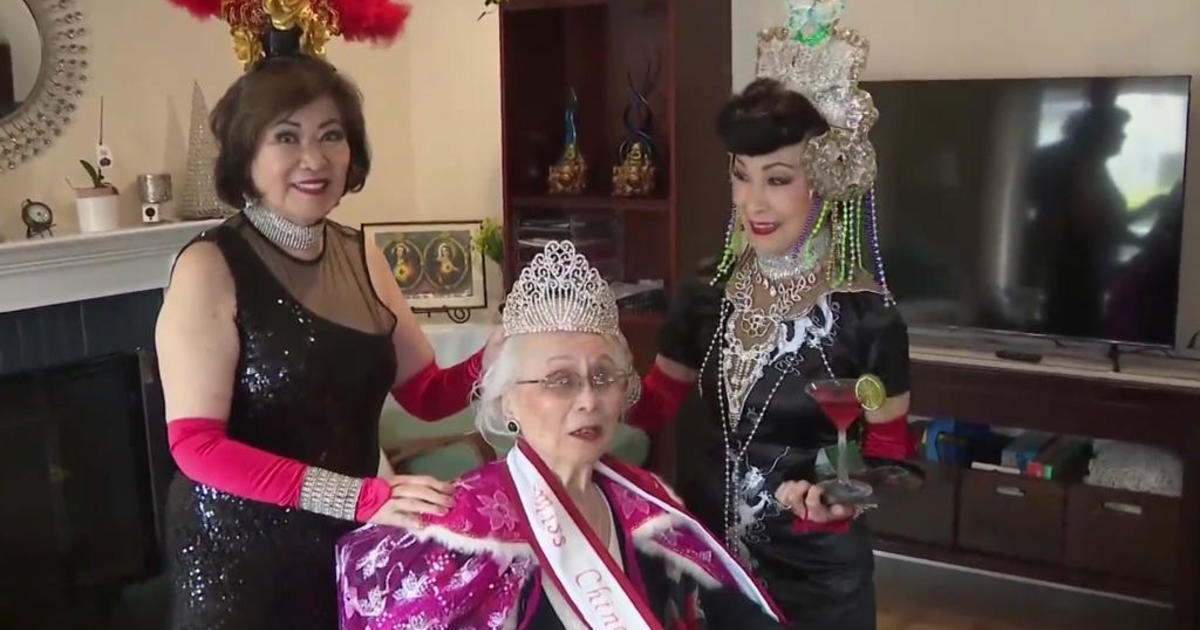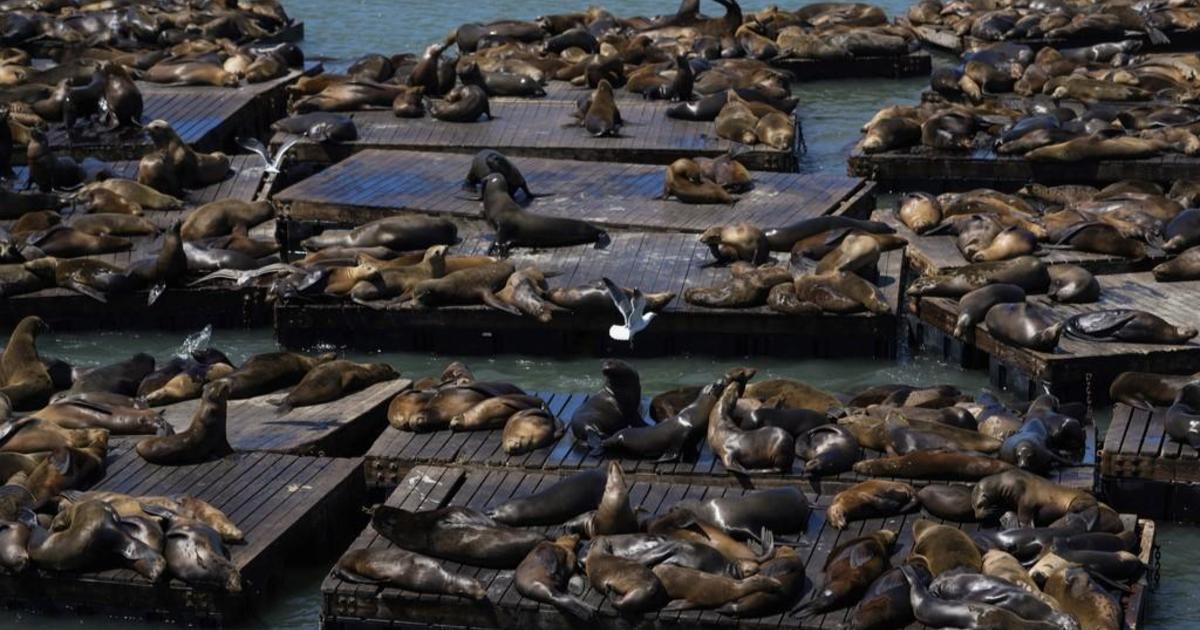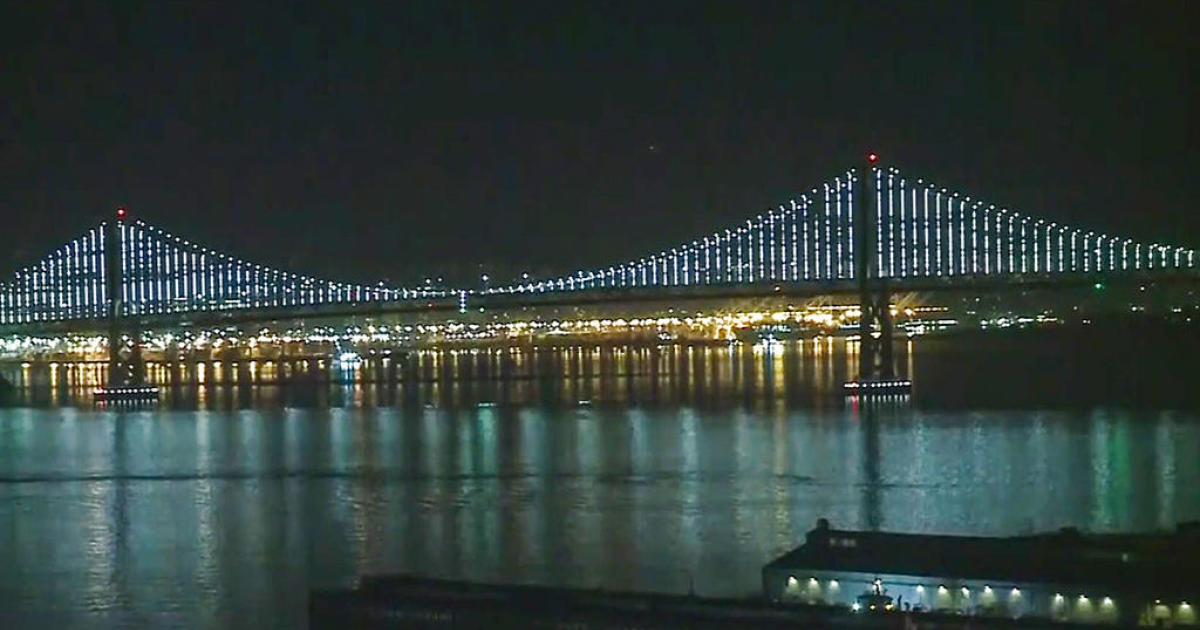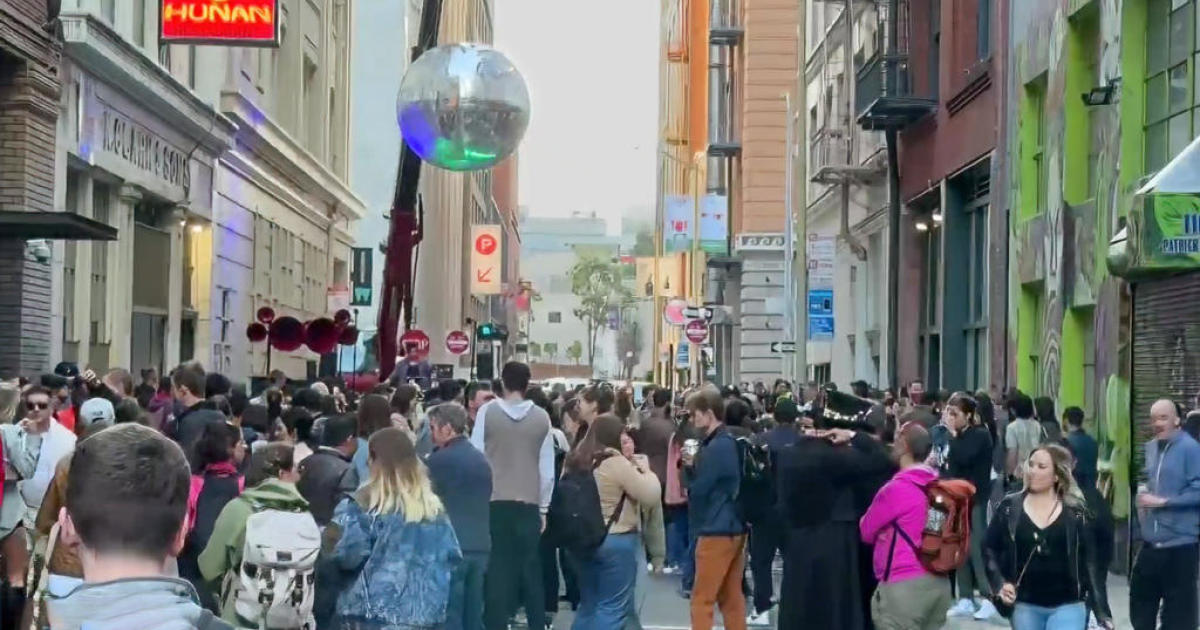San Mateo County, 9 Communities Sue Monsanto Over PCB Contamination, Seek Cleanup Costs
REDWOOD CITY (CBS SF) – San Mateo County, along with nine of its communities, is suing Monsanto Corporation over contamination from highly toxic chemicals known as PCBs.
According to a county statement, the communities have opted out of a national class-action settlement. Officials claimed the settlement would only provide a "small fraction" of the costs needed to prevent further spread of PCBs, leaving taxpayers on the hook for nearly all cleanup costs.
"There's no reason in the world why our taxpayers should have to pay for the hundreds of millions of dollars we need to spend to prevent further PCB pollution and contamination. That's Monsanto's responsibility, and that's why we're taking them to court," County Attorney John Nibbelin said Friday.
The communities that have joined the lawsuit are largely in the southern half of San Mateo County, including Atherton, East Palo Alto, Foster City, Menlo Park, Portola Valley, Redwood City, San Carlos, San Mateo and Woodside.
In the lawsuit, the county and communities allege that Monsanto knew about the health and environmental threats posed by PCBs and misled the public, regulators and customers. Monsanto produced nearly all PCBs used in the U.S. from the 1930s until the chemicals were banned in 1976.
"The evidence is clear that Monsanto knew – and hid the truth for decades – about the dangers of PCBs," Nibbelin said.
While the chemicals were banned decades ago, the county said PCB contamination is widespread across the Bay Area. Parts of San Francisco Bay, including the Redwood City Harbor, have been declared "hot spots" by the San Francisco Bay Regional Water Quality Control Board.
Officials said the chemicals are known or suspected to cause a "wide range" of cancers such as non-Hodgkin's lymphoma, breast cancer, liver cancer, gastrointestinal cancers, pancreatic cancer and skin cancer. PCBs are also suspected in health effects involving the endocrine, immune, neurological and reproductive systems.
In a statement to KPIX 5, Monsanto disputed the county's findings.
"Monsanto believes the case is meritless as the Company voluntarily ceased its lawful manufacturing of PCBs more than 40 years ago, and never manufactured, used or disposed PCBs in the state. Moreover, PCBs were previously required by governments in the state to mitigate certain fire and explosion risks," a company spokesperson said.
"The class settlement reached by Monsanto with over 2,500 local governments has been preliminarily approved and it is not uncommon to receive a small number of opt-outs to these agreements especially when there is a large class. Where it has been determined that cleanups are necessary, federal and state authorities employ an effective system to identify dischargers and site owners and allocate clean-up responsibilities to them," the spokesperson went on to say. "Litigation of the sort brought by local governments risks undermining these efforts."



